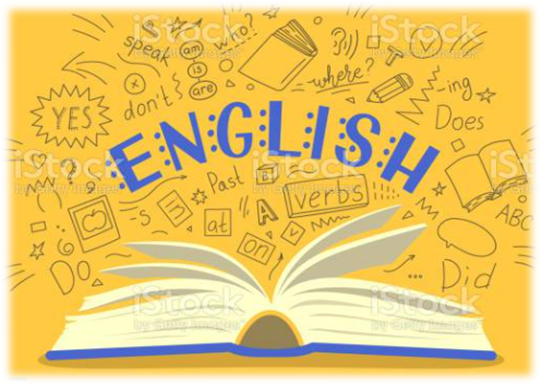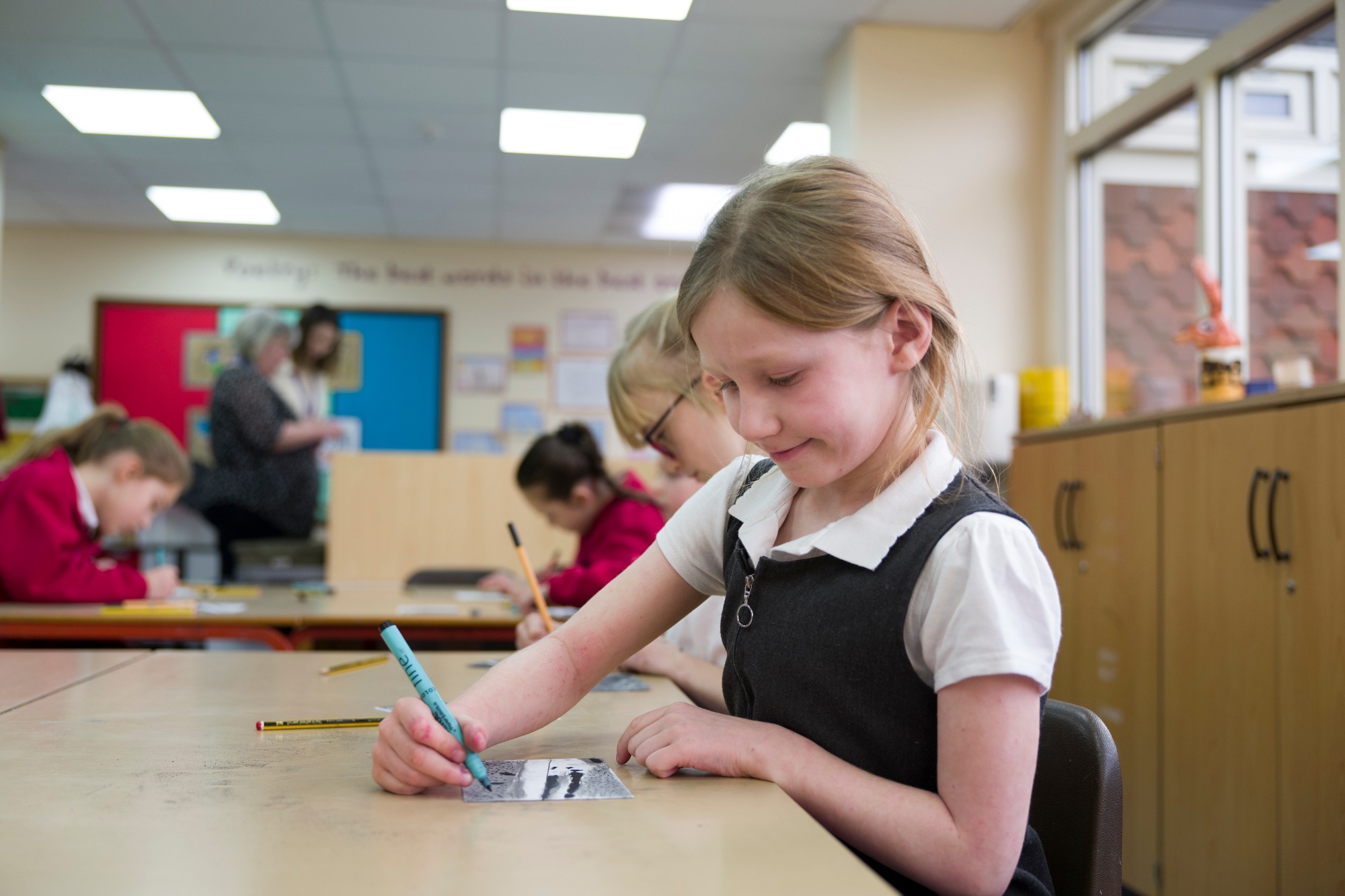English
At KPNS, we want all our children to have a love of reading and writing and to be equipped with high standards of literacy skills that will enable them to participate fully as a member of society.
We aim to inspire children to become effective and expressive communicators, engaged and avid readers and capable, fluent writers.
English teaching focuses on immersing children in a literature rich environment in an exciting and cross-curricular way so that skills and knowledge can be progressively developed as they move through school.
Reading, in particular, is integral for accessing all areas of the curriculum so that pupils can develop culturally, emotionally, intellectually, socially and spiritually – reading is a tool for life.
At KPNS, we aim to:
• Develop fluent readers by using high quality class texts, RWI phonics and whole class fluency and comprehension sessions.
• Develop writers who are motivated to write, and fluent in a range of text types
• Ensure pupils have a good understanding of grammatical devices and apply these in their writing
• Have high expectations for spelling and handwriting which are applied across the whole curriculum
• Create a story telling school with effective speaking and listening skills that allow pupils to become effective communicators who use a broad and rich vocabulary

Implementation – How will we carry out our vision?
We implement our vision by teaching the National Curriculum through a cross-curricular approach to foster engagement, purpose and passion. Through a reading rich environment, English is taught daily with opportunities to read each day.
Early Reading: Daily synthetic phonics sessions, systematically taught and assessed using Read Write Inc.
Reading Comprehension: In KS2, high quality texts are used for whole class reading comprehension sessions, taught three times weekly using reading fluency strategies. The first of these 3 sessions focuses on fluency and uses the ‘Echo Reading’ approach the following sessions teach the children comprehension skills.
Writing: Writing begins with a rich and interesting hook and models Talk 4 Writing strategies throughout; text immersion, innovation and then invention that promote pupils who are fluent and confident writers and use aspirational vocabulary.
Handwriting: We use Letter-join as the basis of our handwriting policy, which covers all the requirements of the 2014 National Curriculum, and aspire for everyone to write in a neat, cursive/joined-up handwriting style.
Spelling: Spelling is taught discretely using the RWI spelling scheme, pupil practise daily and are tested weekly from Year 2. Doodlespell is used as a tool for pupils to practise spellings at home.
Grammar: Grammar lessons explicitly teach new learning for year groups and daily grammar bursts ensure that children can consolidate learning and apply this effectively in their speaking and writing.
Speaking & Listening: Unit design, as well as the structure of reading sessions, equip pupils with a strong command of the spoken and written English language and allows them to participate in discussions by communicating their ideas, emotions and opinions with others using appropriate vocabulary. Speaking and listening opportunities are embedded through all areas of the school curriculum.
Early Years Foundation Stage (EYFS)
Our Curriculum Overview, found below, outlines the comprehensive coverage of English across Key Stages 1 and 2, in accordance with the national curriculum and beyond. The overview also includes relevant details about EYFS. In addition, our EYFS curriculum identifies specific vocabulary, knowledge, and understanding to equip children for English at Key Stage 1. Detailed information can be found in our EYFS planning documentation, accessible on the dedicated EYFS curriculum page of this website.
Curriculum Documentation
The document below details the content and progression of our English curriculum.
